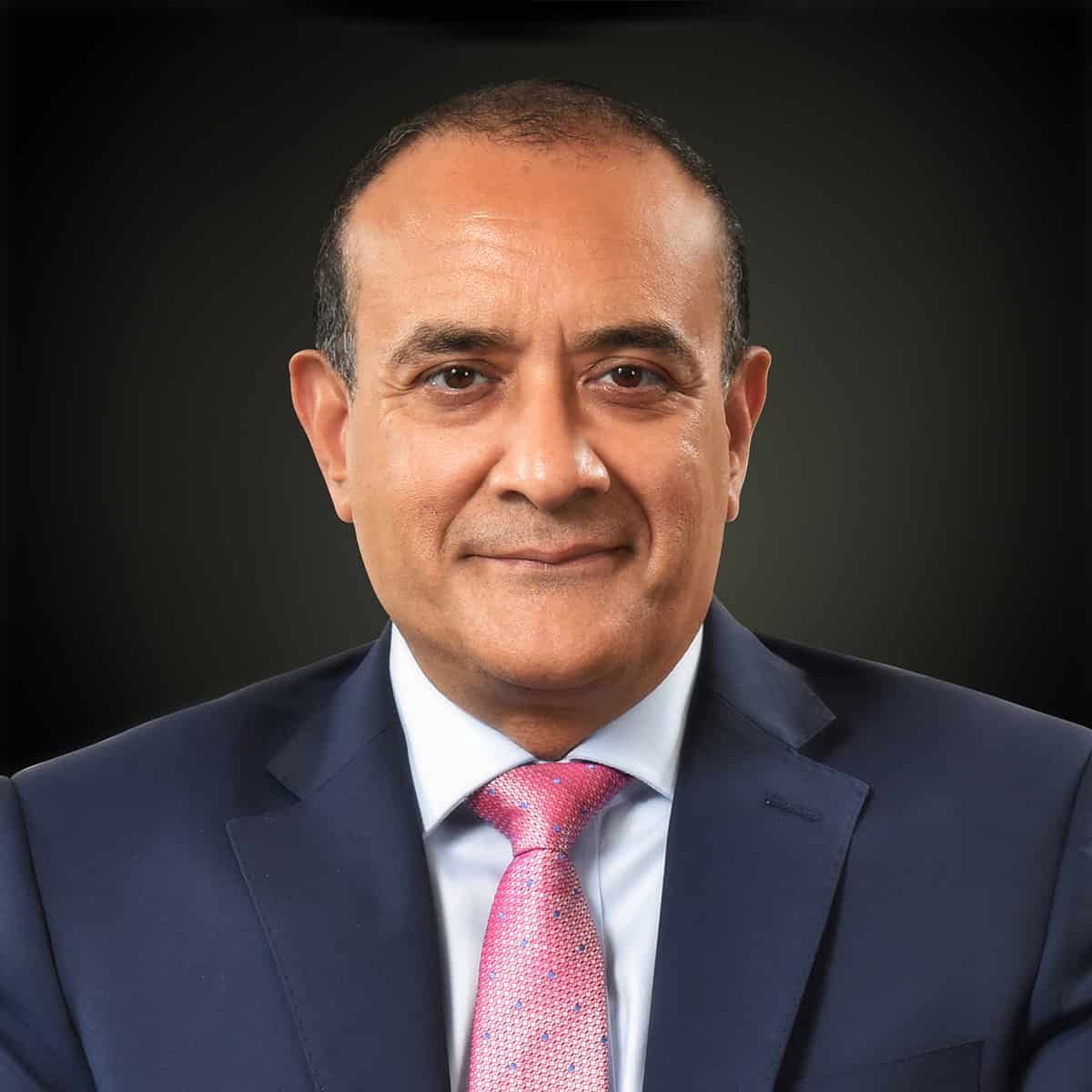Joseph Abraham, CEO of Commercial Bank of Qatar, discusses the bank’s implementation of ESG principles and the effects of digital banking on the industry.

Global Finance: In the aftermath of the World Cup, what’s next for Qatar?
Joseph Abraham: The economic outlook for Qatar is positive. The government’s strong fiscal position due to high gas prices will lead to increased investment in the local economy, and the North Field Expansion project will secure Qatar’s economic future as the world’s largest liquified natural gas [LNG] exporter. This strong fiscal position will also lead to increased investment in Qatar’s infrastructure and renewable energy sources like solar energy, and lead to further international investments, which will bolster Qatar’s already strong international reserves and investment positions. The World Cup leaves a long-term legacy of boosting Qatar’s international credentials as an international destination for investment, tourism, sports and culture, which are vital components of a sustainable economy.
GF: How was 2022 for CBQ, and what are your prospects for 2023?
Abraham: Last year marked the first year of our new five-year strategic plan [2022-2026]. We strongly executed our strategy, maintaining previous momentum to achieve a record net profit of 2.8 billion Qatari riyals [$770 million] in 2022, an increase of 22%. 2022 was also a volatile year for the global economy, and this volatility is expected to continue into 2023. Our strategic plan has positioned Commercial Bank well for the immediate challenges ahead and for the longer-term by building sustainable revenue streams and nonlending-based fee income, together with an increase in low-cost deposits due to the bank’s market-leading transaction banking initiatives and digital products.
GF: ESG and climate change are becoming a growing concern all over the world and in the GCC. How does that translate in your work?
Abraham: We view sustainability as an integral part of our corporate strategy, and we have identified sustainability topics most material to our business and our stakeholders. These are sustainable financial and economic performance; risk management; support for SMEs; financial inclusion and accessibility; responsible procurement and supply chain management; exceptional client experience; customer privacy and data security; digital innovation; environmental impact of our operations; talent attraction, development and retention; diversity and inclusion; community investment and governance and compliance. In line with Qatar’s National Environment and Climate Change Strategy, we are accelerating our efforts to reduce our carbon footprint and target a 25% reduction in Commercial Bank’s greenhouse gas emissions associated with our own operations by 2030. Board and executive management remuneration is linked to ESG; in 2022, we established a detailed methodology to identify and measure ESG risks associated with our customers while carrying out lending and investment activities.
GF: What do you project for the region? Any plans to grow operations outside of Qatar?
Abraham: We already have an established presence in the region through Alternatif Bank, a fully owned subsidiary in Turkey, and our associates National Bank of Oman [34.9% stake] and United Arab Bank [40% stake] in the UAE. As per our strategic plan, we are focusing on these existing international franchises and the sustainable organic growth of our domestic core business.
GF: How do you see the future of banking in light of the rise in digital transformation?
Abraham: We expect the accelerated transition to digital banking necessitated by the Covid-19 pandemic to continue. Digital is a core part of our strategy, and we continue to invest in our digital technology capabilities to provide the right products for the changing needs of customers and empower customers to self-serve without having to contact the bank. To do this, you need good customer communication to provide the full information clients need ahead of time, which is clearly understood and highly personalized. Providing the best client experience with a customized approach is our goal in the digital transformation currently underway. The transition to digital banking has meant there are new channels and methods that can be used for money laundering and increased cybersecurity risks. Banks are having to redouble their efforts to protect themselves against direct cyberattacks and protect their customers from fraud through methods such as social engineering, fake websites and fake social media.



